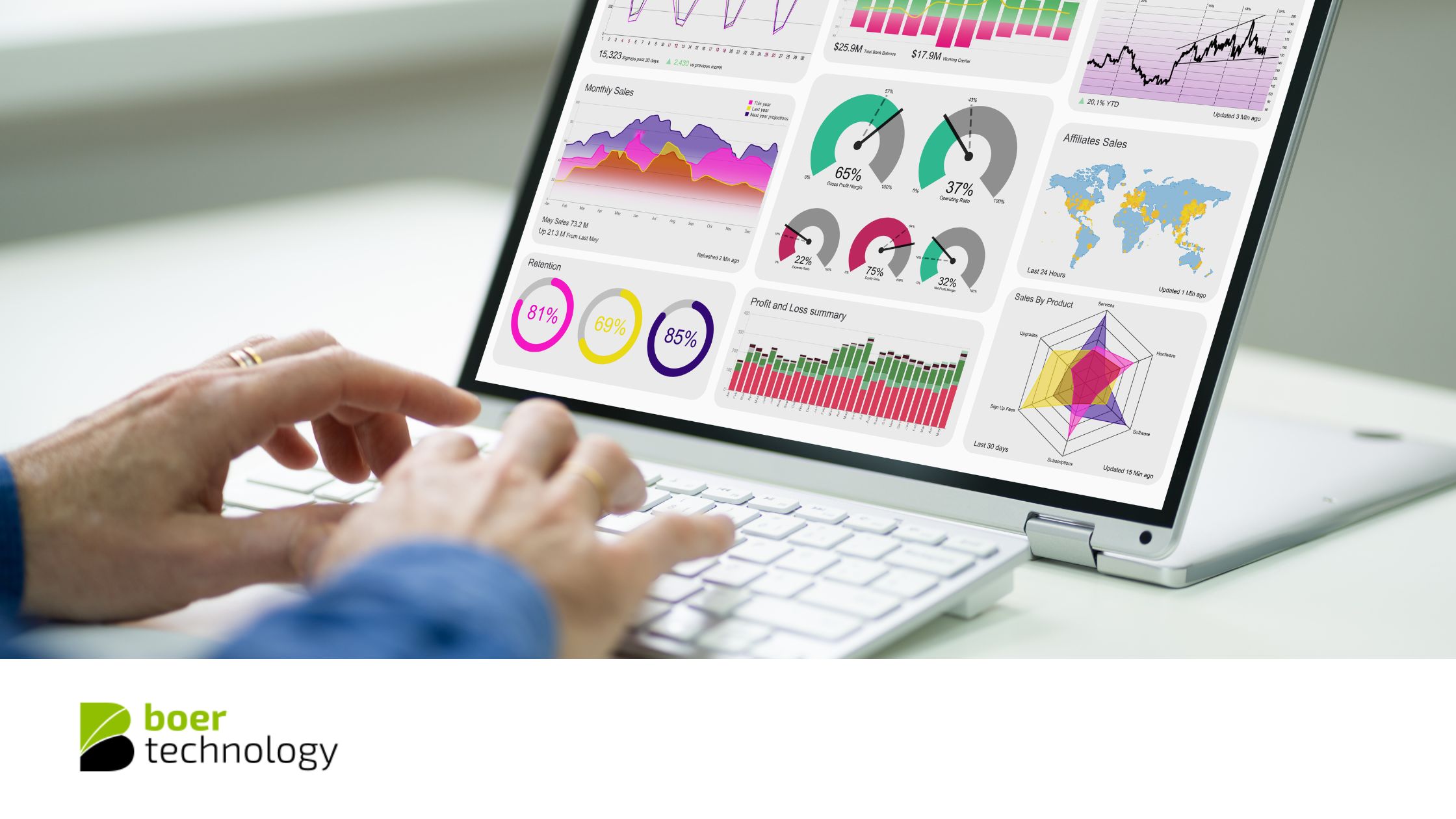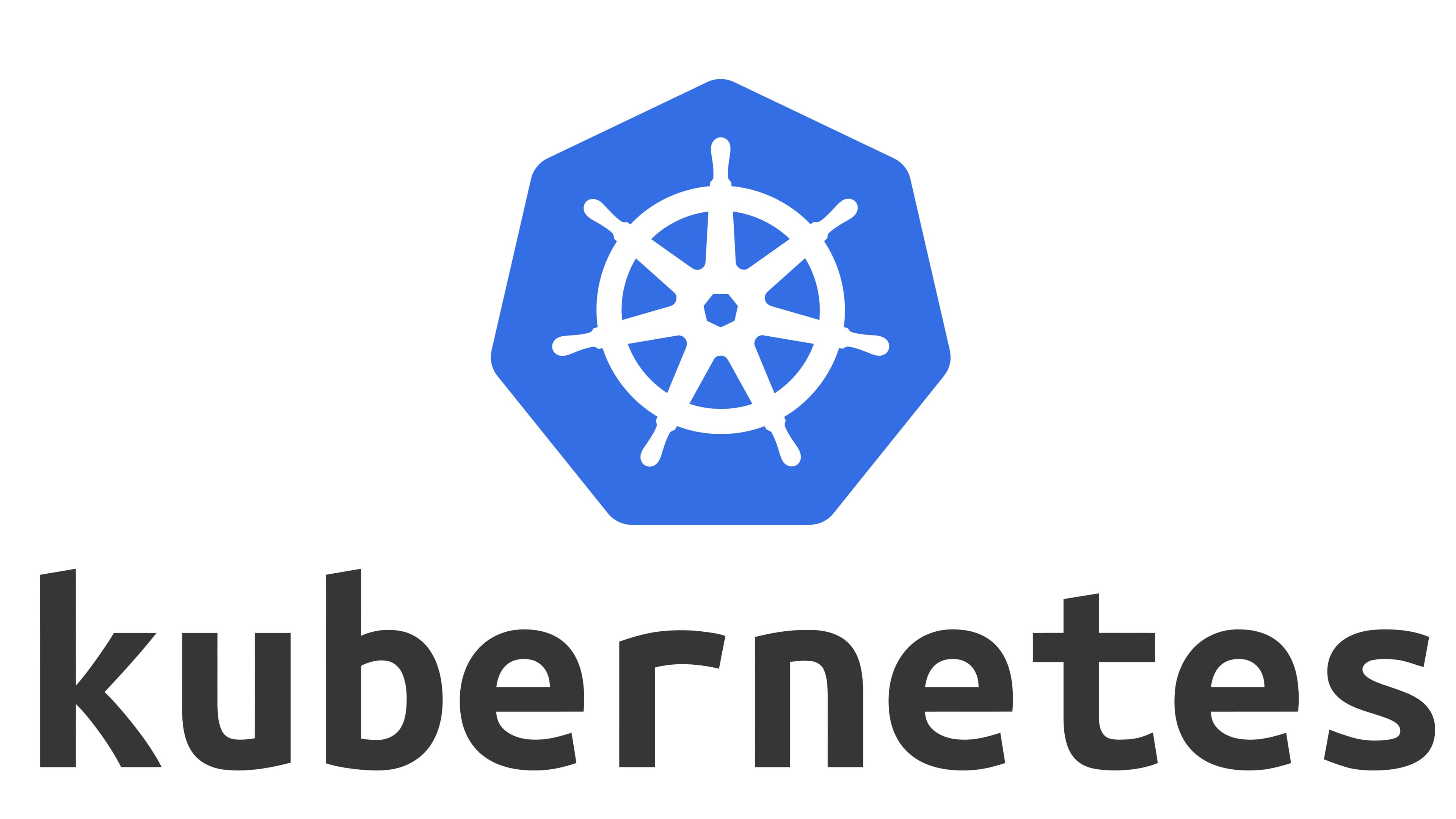In the era of data-driven decision-making, the ability to process vast amounts of data efficiently is paramount. Enterprises, governments, and research institutions are increasingly leveraging advanced technologies to analyze big data. One such technology that has gained significant traction is Kubernetes, an open-source container orchestration platform initially designed to manage containerized applications in a distributed environment. When combined with analytics and big data processing frameworks, Kubernetes offers a powerful solution for handling large-scale data processing tasks, enabling organizations to scale their operations while maintaining flexibility and cost-efficiency.
The Big Data Challenge
Big data refers to datasets that are so large and complex that traditional data-processing software cannot handle them efficiently. These datasets often come from diverse sources, such as social media, IoT devices, transaction logs, or scientific research, and can include structured, semi-structured, or unstructured data. Traditional data processing systems often struggle with the scale, diversity, and speed required to process big data in real-time.
To manage and process big data effectively, organizations rely on distributed computing frameworks such as Apache Hadoop, Apache Spark, and Flink. These frameworks, however, often require a highly scalable and resilient infrastructure, which is where Kubernetes comes into play. Kubernetes simplifies the deployment, scaling, and management of these frameworks, allowing businesses to unlock the full potential of their big data applications.
Kubernetes: The Perfect Fit for Big Data
Kubernetes is designed to manage containerized applications, which means that workloads are packaged into standardized units called containers. These containers encapsulate all the necessary dependencies and libraries for an application to run, making them portable and easy to deploy in any environment. Kubernetes, with its ability to automate deployment, scaling, and operations of containers, makes it an ideal platform for managing big data workloads.
Here are some key reasons why Kubernetes is well-suited for big data processing:
- Scalability: Kubernetes is designed to scale applications both horizontally (by adding more instances) and vertically (by increasing resources like CPU and memory). This is particularly important for big data applications, which often need to scale quickly to handle spikes in data volume or processing demand.
- Fault Tolerance: Kubernetes ensures high availability by automatically managing the health of nodes and containers. If a container fails or a node becomes unavailable, Kubernetes will automatically reschedule workloads to healthy nodes, ensuring minimal disruption in big data processing tasks.
- Resource Efficiency: Kubernetes optimizes resource utilization by dynamically scheduling containers based on available resources. This is crucial in big data environments, where large-scale data processing can be resource-intensive. Kubernetes can efficiently distribute workloads to ensure that computing resources are fully utilized.
- Isolation and Flexibility: Kubernetes provides container isolation, ensuring that different parts of a big data pipeline (e.g., data ingestion, processing, and storage) can run independently while sharing the same infrastructure. This separation simplifies management and allows developers to experiment with different tools and technologies without affecting the overall system.
- Cloud-Native Integration: Kubernetes integrates seamlessly with cloud-native technologies and services, which is particularly important for big data workloads that often require elastic cloud infrastructure to scale as needed. Many organizations now run their big data platforms in hybrid or multi-cloud environments, and Kubernetes makes it easy to manage workloads across these diverse environments.
Popular Big Data Frameworks on Kubernetes
Several big data processing frameworks are well-suited for running on Kubernetes, including:
- Apache Spark: One of the most widely used big data processing frameworks, Spark can be deployed on Kubernetes to process large datasets in parallel. Kubernetes ensures that Spark jobs can scale and recover from failures without manual intervention, providing fault tolerance and high availability for big data workloads.
- Apache Hadoop: Hadoop is another popular framework for storing and processing large datasets. With Kubernetes, Hadoop's HDFS (Hadoop Distributed File System) and MapReduce jobs can be containerized and run in a more efficient and scalable manner.
- Apache Flink: Flink is a stream-processing framework that is increasingly used for real-time analytics. Kubernetes can provide the dynamic scaling and high availability needed for Flink’s real-time data processing.
- Presto: Presto is a distributed SQL query engine designed for big data analytics. Kubernetes can orchestrate Presto clusters, making it easier to manage, scale, and ensure the availability of analytic workloads.
Advantages of Using Kubernetes for Big Data Analytics
- Simplified Deployment: Kubernetes abstracts away the complexities of managing infrastructure, allowing data engineers and scientists to focus on the application rather than worrying about hardware, network configurations, or scaling issues.
- Cost Efficiency: With Kubernetes’ resource scheduling capabilities, organizations can run big data applications on a shared infrastructure, optimizing resource utilization and reducing operational costs.
- Flexibility and Portability: Since Kubernetes is cloud-agnostic, it allows big data applications to run on any public or private cloud, as well as on-premises data centers, providing the flexibility to avoid vendor lock-in.
- Better Data Management: Kubernetes can handle complex workflows and integrate with various storage and messaging systems, making it easier to manage data pipelines for big data analytics.
Conclusion
Kubernetes has emerged as a game-changer for analytics and big data processing. By combining the scalability, flexibility, and resilience of Kubernetes with powerful big data frameworks like Apache Spark, Hadoop, and Flink, organizations can effectively process and analyze vast amounts of data. Whether running in the cloud, on-premises, or in a hybrid setup, Kubernetes provides an efficient, cost-effective, and fault-tolerant environment for big data workloads, helping organizations gain valuable insights and make data-driven decisions at scale.



